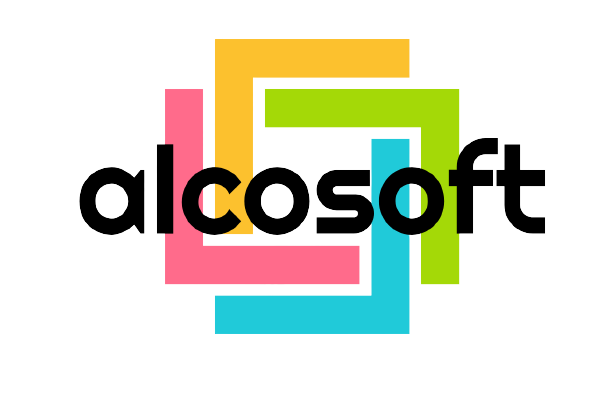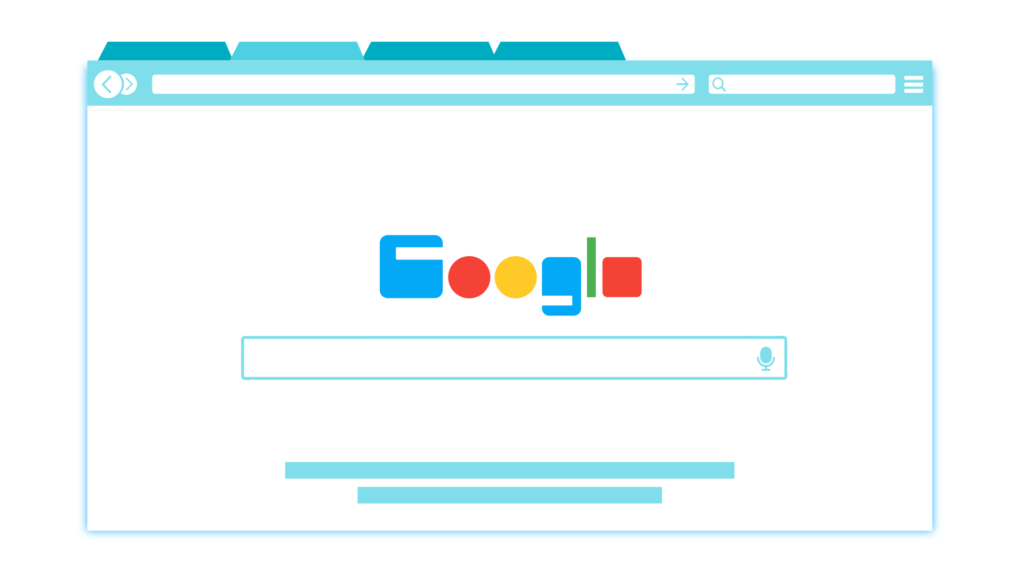`
Search engine optimization (SEO) is the process of improving the visibility and relevance of a webpage in the results of a search engine. SEO involves various aspects, such as keyword research, content creation, site structure, link building, user experience, and technical factors. Here are some tips on how to optimize a webpage for search engines:
- Keyword research: This is the first step of SEO, where you identify the words and phrases that your target audience is searching for. You can use tools like Google Keyword Planner, Moz Keyword Explorer, or SEMrush to find relevant keywords for your topic and niche. You should aim for keywords that have high search volume, low competition, and high intent.
- Content creation: This is the core of SEO, where you create valuable and engaging content for your webpage that matches the intent and needs of your audience. You should use your keywords naturally and strategically throughout your content, especially in the title, headings, subheadings, introduction, conclusion, and meta tags. You should also use synonyms, variations, and related terms to avoid keyword stuffing and increase topical relevance. Your content should be original, informative, useful, and easy to read.
- Site structure: This is the way you organize and link your webpages within your website. A good site structure helps search engines understand and index your content better, as well as improves user navigation and experience. You should use a clear and logical hierarchy for your webpages, with categories, subcategories, and internal links. You should also use descriptive and keyword-rich URLs, breadcrumbs, sitemaps, and robots.txt files to enhance your site structure.
- Link building: This is the process of acquiring links from other websites that point to your webpage. Links are like votes of trust and authority for your webpage, which can boost your rankings and traffic. You should aim for links from high-quality, relevant, and authoritative websites that have a good reputation and popularity. You can use strategies like guest posting, outreach, content marketing, social media, or broken link building to earn links from other websites.
- User experience: This is the overall impression and satisfaction that your webpage provides to your visitors. User experience affects both SEO and conversions, as it influences how long people stay on your webpage, how much they interact with it, and whether they come back or not. You should optimize your webpage for user experience by improving its speed, design, layout, readability, accessibility, mobile-friendliness, security, and functionality.
- Technical factors: These are the behind-the-scenes elements that affect how your webpage performs and how search engines crawl and index it. Technical factors include aspects like HTTPS encryption, SSL certificates, canonical tags, redirects, page load time, compression, caching, minification, schema markup, AMP pages, and more. You should audit and fix any technical issues that might hinder your SEO performance or user experience.
By following these tips on how to optimize a webpage for search engines,
you can improve your chances of ranking higher and attracting more organic traffic to your website.

